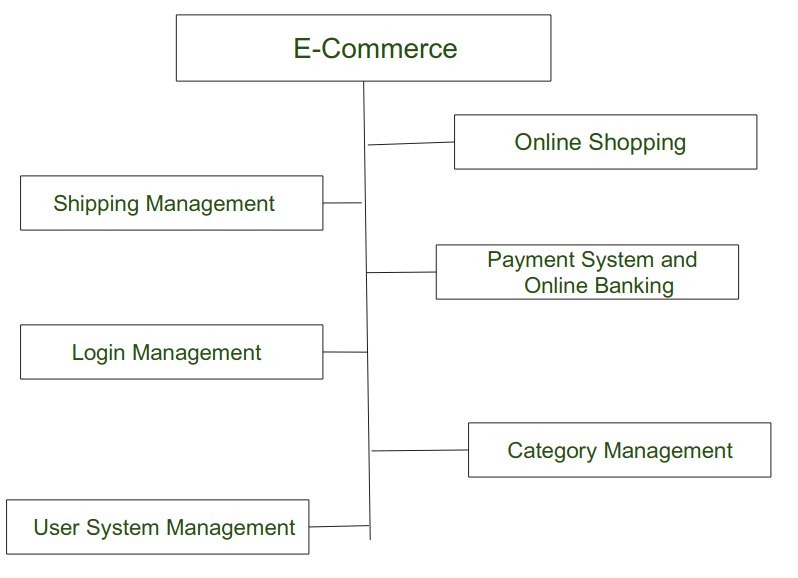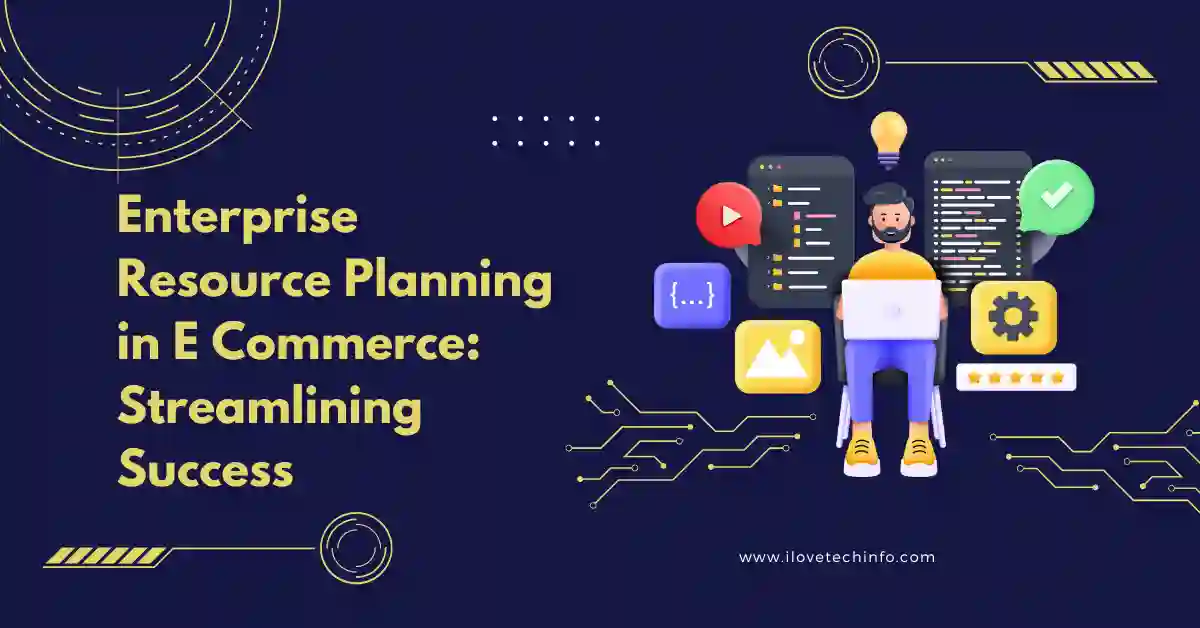Enterprise Resource Planning (ERP) can change your e-commerce business. This article explains ERP’s benefits, features, and how to implement it.
What is Enterprise Resource Planning (ERP)?
ERP is software that helps businesses manage their resources. It combines different business processes into one system.
Benefits of ERP in E-Commerce
Improved Efficiency: ERP automates tasks, saving time and reducing errors.Better Inventory Management: ERP tracks stock levels and predicts demand.Enhanced Customer Service: ERP provides quick access to customer information.Streamlined Order Processing: ERP manages orders from start to finish.Comprehensive Reporting: ERP offers detailed business reports.
Features of ERP Systems
ERP systems come with various features tailored for e-commerce.
Feature
Description
Inventory Management
Tracks stock levels, orders, and deliveries.
Order Management
Handles order processing from start to finish.
Customer Relationship Management (CRM)
Manages customer interactions and data.
Accounting
Manages financial transactions and reporting.
Human Resources (HR)
Manages employee information and payroll.
Implementing ERP in E-Commerce
Implementing ERP in e-commerce involves several steps.
Assess Your Needs: Identify what your business needs from an ERP system.Choose the Right ERP: Select an ERP system that fits your business.Plan the Implementation: Create a detailed implementation plan.Train Your Team: Ensure your team knows how to use the ERP system.Monitor the System: Regularly check the ERP system for issues.
Credit: www.geeksforgeeks.org
Credit: elogic.co
Challenges of ERP Implementation
Implementing ERP in e-commerce can be challenging. Here are some common challenges:
High Costs: ERP systems can be expensive to implement.Complexity: ERP systems can be complex and hard to use.Resistance to Change: Employees may resist using a new system.Data Migration: Moving data to the new ERP system can be difficult.Customization: Customizing the ERP system to fit your business can be time-consuming.
Overcoming ERP Implementation Challenges
Here are some tips to overcome ERP implementation challenges:
Budget Wisely: Plan your budget to cover all costs.Choose User-Friendly Systems: Select an ERP system that is easy to use.Communicate with Your Team: Keep your team informed about the changes.Plan Data Migration: Plan how to move your data carefully.Customize Carefully: Customize the ERP system to fit your needs.
Frequently Asked Questions
What Is Erp In E-commerce?
ERP in e-commerce integrates business processes through a single system, improving efficiency and data accuracy.
Why Use Erp For E-commerce?
ERP streamlines operations, reduces manual tasks, and enhances customer experience in e-commerce.
How Does Erp Benefit E-commerce Businesses?
ERP improves inventory management, order processing, and customer service, leading to increased sales and profitability.
Can Erp Improve Inventory Management?
Yes, ERP provides real-time inventory tracking, reducing stockouts and overstock situations.
Conclusion
ERP can transform your e-commerce business. It improves efficiency, inventory management, customer service, and order processing. Implementing ERP can be challenging, but the benefits are worth it. Follow the steps and tips in this article to successfully implement ERP in your e-commerce business.



